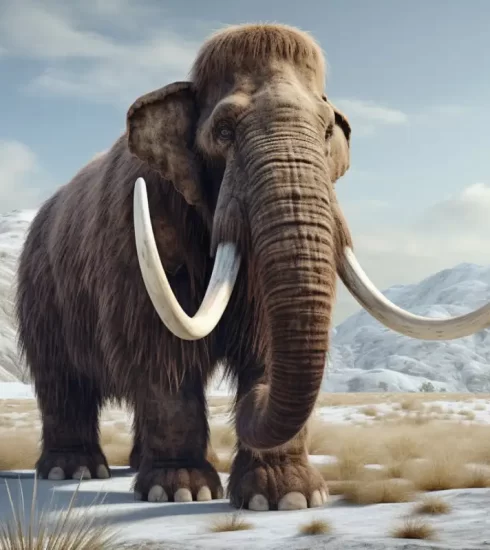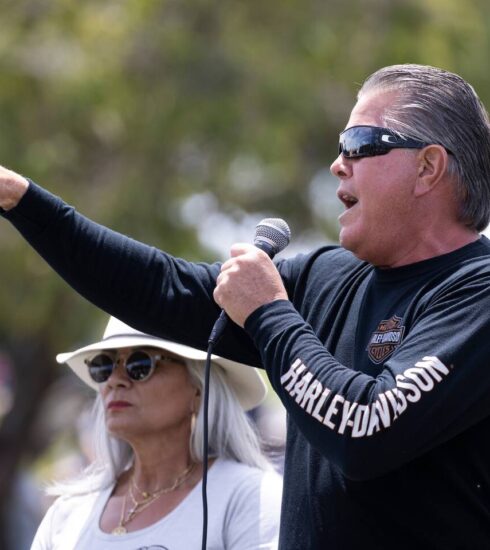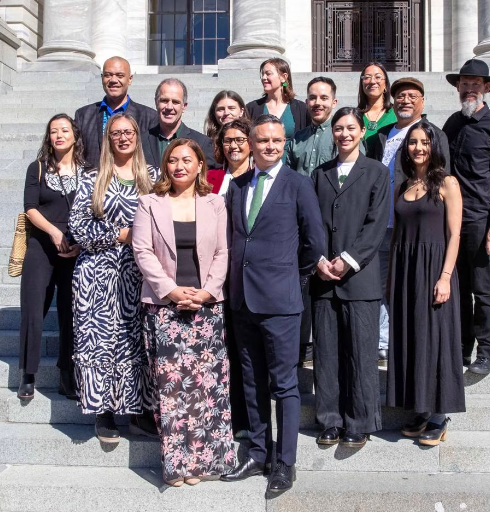Small Town Short News – 23 May
A manhunt in the Te Awamutu region is underway after Bob the Sheep went missing from his Kihikihi property. The young lamb, who was described by the family to the Te Awamutu Courier as ‘very gentle and sweet,’ has been missing for weeks after he mysteriously broke out of his paddock. Bob’s family are understandably beside themselves after losing a member of their whānau – his mother was quoted as saying ‘he was fed milk bottles in my arms and rocked to sleep like a newborn baby.. [Bob] is very gentle and sweet.. he is extremely handsome.’ If you happen to find yourself strolling through the South Waikato and happen across an unusually handsome sheep, the family say that Bob can be summoned by the rustling of a chip packet. I wonder if he’s single?
Waikato farmer Dick Post has sold one of his prized caramel jersey cows for over $50,000, breaking a 50 year record. The Tauwhare farmer told Stuff that his secret is giving the cows TLC, and not the 90s R&B kind – just straight up tender love and care. ‘“She’s exceptional,’ Dick said about the record breaking heifer. ‘She’s a once in a life-time cow.’ Mr. Post has been raising these exceptional cows since 1978, and has one of the most productive herds in the country, producing over 400kgs of milk solids for our lactose overlords at Fonterra. The cow is now on her way to Otago, where hopefully her new owner will give her just as much tender love and care as Dick did.
Fonterra’s seaweed feed trials in Tasmania have shown promise in reducing the amount of farts that cows be doing. Over the last two years, farmers have seen an up to 90% reduction of methane from cows after dosing them with asparagopsis taxiformis, a native red seaweed. Cow methane is generally considered a bad thing, as methane has been shown to increase the temperature of the planet 28 times more than carbon dioxide – but the chemical bromoform found in seaweed reduces the methanogens in cows through the B12 enzyme or some boring science shit like that. Fonterra did not respond to questions from Nexus as to how exactly they measure the frequency of cow farts.
New research from The University of Waikato has found that native birds are returning to the city after decades of urbanization. Researchers found that restoration work at some of our smaller urban forests (those little native gullies around Hamilton that you smoke weed at) has attracted pīwakawaka, tauhou and riroriro back to Kirikiriroa, with larger birds like tui posting up at the larger, more established gullies. Surprisingly, researchers also found that native birds in these urban forests were ‘capable of coping with a certain level of [possums, rats and cats],’ because all of the birds that predators like to eat are already gone. Having a cat is super cool though, right? So good for the environment and our native wildlife.





